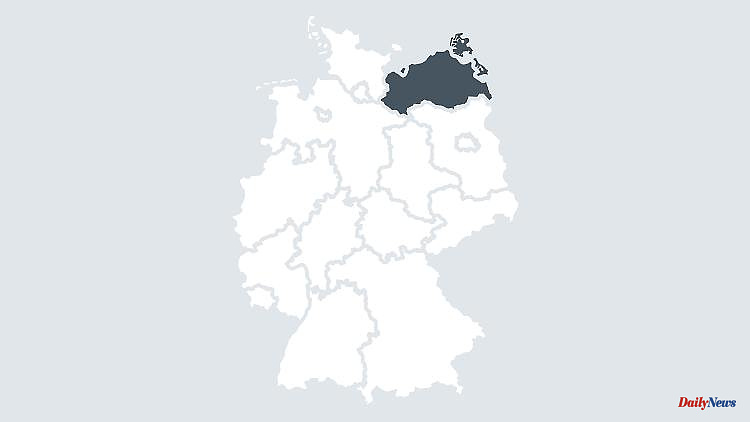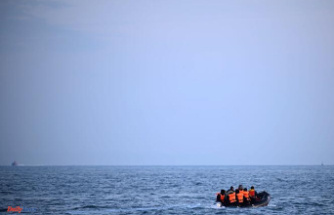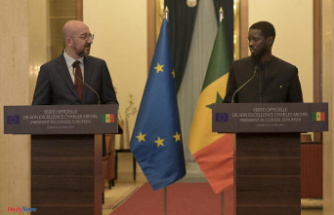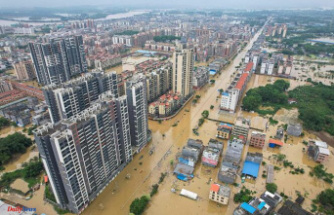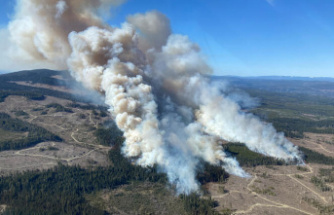Schwerin (dpa/mv) - Against the background of rising energy prices, the opposition AfD faction is pushing for a special session of the state parliament. The price increases for gas and heating oil caused increasing uncertainty in large parts of the population of Mecklenburg-Western Pomerania. Precautions for a national strategy to deal with the impending crisis would have to be discussed, according to a letter published on Wednesday.
In it, the other five factions are asked to support the push. In order to achieve the number of votes of 20 MPs required by the rules of procedure, the AfD, with its 14 members of the state parliament, needs the support of at least one other parliamentary group. A day in the first week of August is proposed as the date for the special session.
Similar to the special sessions to deal with the corona pandemic, the state government should be given a vote by a parliamentary majority to prepare the state at an early stage for a possible energy shortage in the winter months. "We need an emergency plan for the economy and private households and we have to check whether state funds can be made available to cushion the greatest hardship, especially for families and the needy," said AfD parliamentary director Thore Stein.
In Mecklenburg-Western Pomerania, almost half of all apartments are heated with natural gas. This means that gas is by far the main energy source for heat production. As a result of the Russian war of aggression against Ukraine and the turbulence it triggered on the world energy market, gas and oil prices rose to record levels. On the stock exchanges, gas prices had increased sevenfold in some cases. Consumers don't feel this immediately, but the Federal Network Agency assumes that monthly advance payments will at least triple in the coming year.

